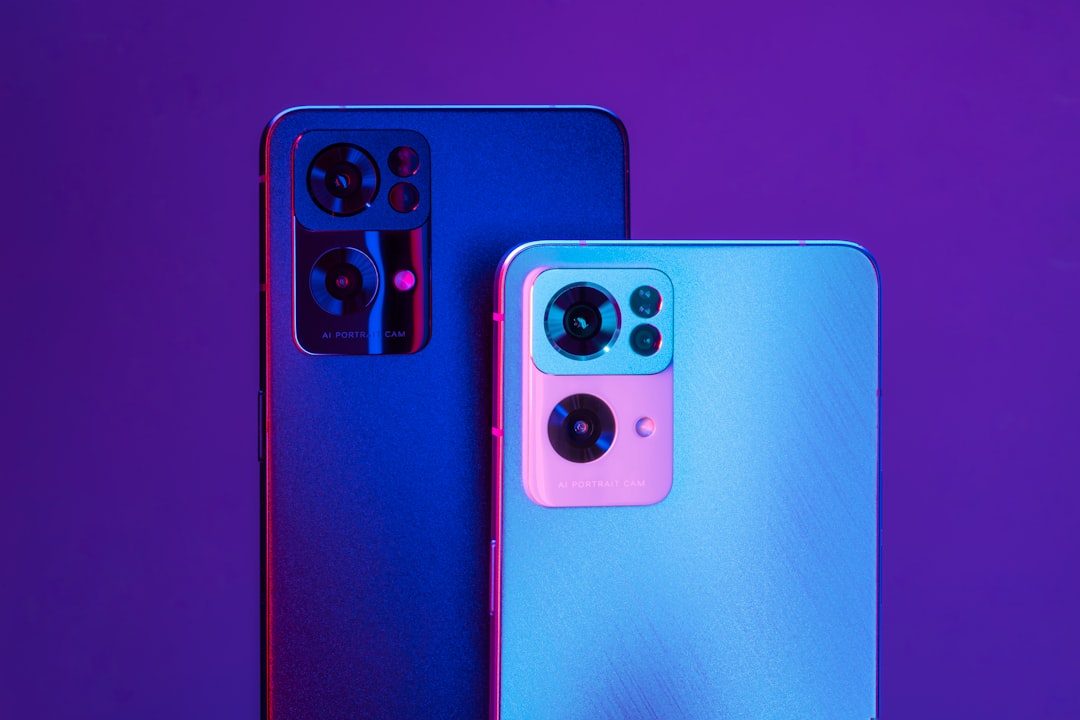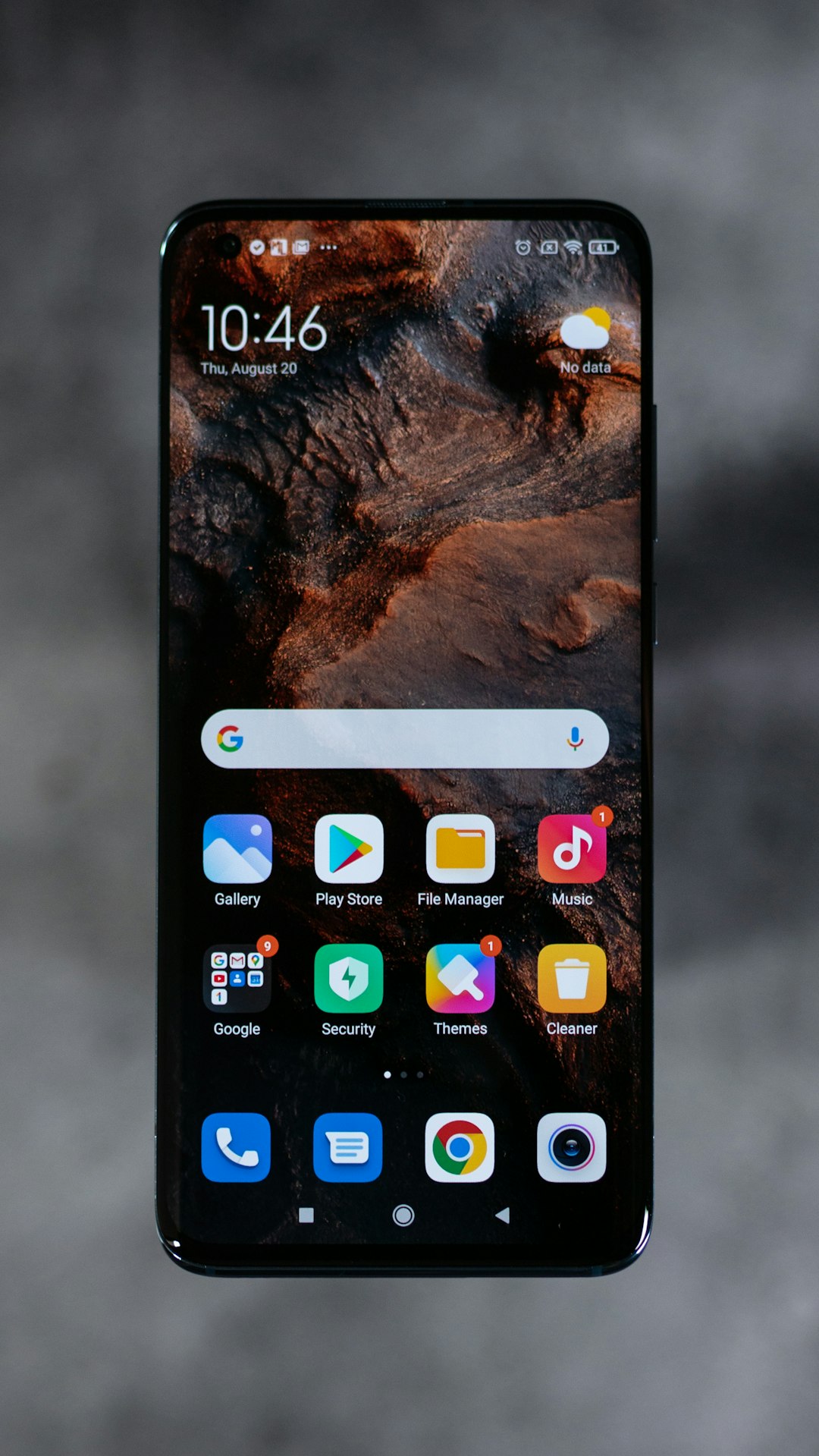Robocall laws in Florida, enforced by the Telephone Consumer Protection Act (TCPA) and the state's Deceptive and Unfair Trade Practices Act (FDUTPA), empower residents to combat unwanted telemarketing calls and texts. Floridians can register on the Do Not Call list, use call-blocking apps or phone features, and implement device privacy settings to significantly reduce robocalls. The state actively enforces these laws with penalties like fines, aiming to protect consumer rights against intrusive communication in the digital age.
In Florida, as across the nation, robocalls and unwanted texts have become a persistent nuisance. These automated communications not only disrupt daily life but can also signal potential fraud or scams. Understanding the current legal landscape is key to combating this issue. This article explores Florida’s robocall laws, effective prevention strategies, and the evolving role of consumer protection, offering insights into how residents can reclaim their peace of mind in a digital age.
Understanding Robocalls and Their Impact in Florida

Robocalls have become a persistent and often annoying problem for many Floridians, with laws in place to mitigate their impact. These automated telephone calls, typically promoting products or services, can be particularly invasive, especially when they disrupt personal time and space. In Florida, robocall Laws aim to protect residents from unwanted telemarketing calls, giving them more control over their communication.
The state’s regulations limit the number of robocalls consumers receive, ensuring a certain level of peace and privacy. By understanding these laws and their implications, Floridians can take proactive steps to prevent such calls, blocking unwanted attention and preserving personal time.
Current Laws and Regulations Against Robocalls in Florida

In Florida, the fight against robocalls and automated texts has been bolstered by both state and federal laws. The Telephone Consumer Protection Act (TCPA) sets a national standard, prohibiting automated calls or texts to cellular phones unless explicitly consented to by the recipient. At the state level, Florida has its own stringent regulations in place. The Florida Deceptive and Unfair Trade Practices Act (FDUTPA) protects consumers from unsolicited sales or marketing calls, further empowering residents to take action against unwanted robocalls.
These laws give Floridians several avenues to protect themselves. They can register their phone numbers on the state’s Do Not Call list, which filters out many automated calls. Additionally, many telephone service providers offer call-blocking features and advanced filtering systems that help identify and block robocalls. By utilizing these legal protections and technological tools, Florida residents can significantly reduce the number of unwanted robocalls they receive.
Effective Strategies to Prevent Unwanted Calls and Texts

Preventing unwanted robocalls and texts is a growing concern for many Florida residents, as these automated messages can be intrusive and frustrating. Thankfully, there are several effective strategies to combat this issue. One powerful tool is understanding and utilizing Florida’s robocall laws, which provide protections against unsolicited calls and messages. By registering your phone number on the state’s Do Not Call list, you can significantly reduce the volume of robocalls you receive. This list ensures that your number is not used for marketing purposes by telemarketers or other businesses.
Additionally, installing a call-blocking app or using built-in phone features to filter out unwanted calls can be highly effective. These tools learn to recognize and block specific patterns and numbers associated with robocalls. Text message filters and apps are also available, offering similar protection against unsolicited texts. Another strategy is to be cautious when sharing your contact information, especially online. Avoid providing your number unless absolutely necessary for legitimate purposes, such as registering for services or making purchases. Regularly reviewing and updating privacy settings on devices and accounts can further enhance these protections.
The Role of Consumer Protection and Future Legal Developments

Consumer protection plays a pivotal role in combating robocalls and texts, ensuring Florida residents’ privacy and peace of mind. The state’s robust consumer protection laws empower agencies to investigate and take action against violators, offering remedies for those affected by unwanted communication. These measures include fines and legal orders to stop malicious practices.
As technology evolves, so do the tactics of robocallers, leading to ongoing legal developments. Future legislation may introduce more stringent regulations, advanced blocking mechanisms, and enhanced penalties for non-compliance, reflecting the dynamic nature of this issue. Florida’s commitment to consumer rights in the digital age will continue to shape its approach to preventing and addressing these intrusive calls and messages.






